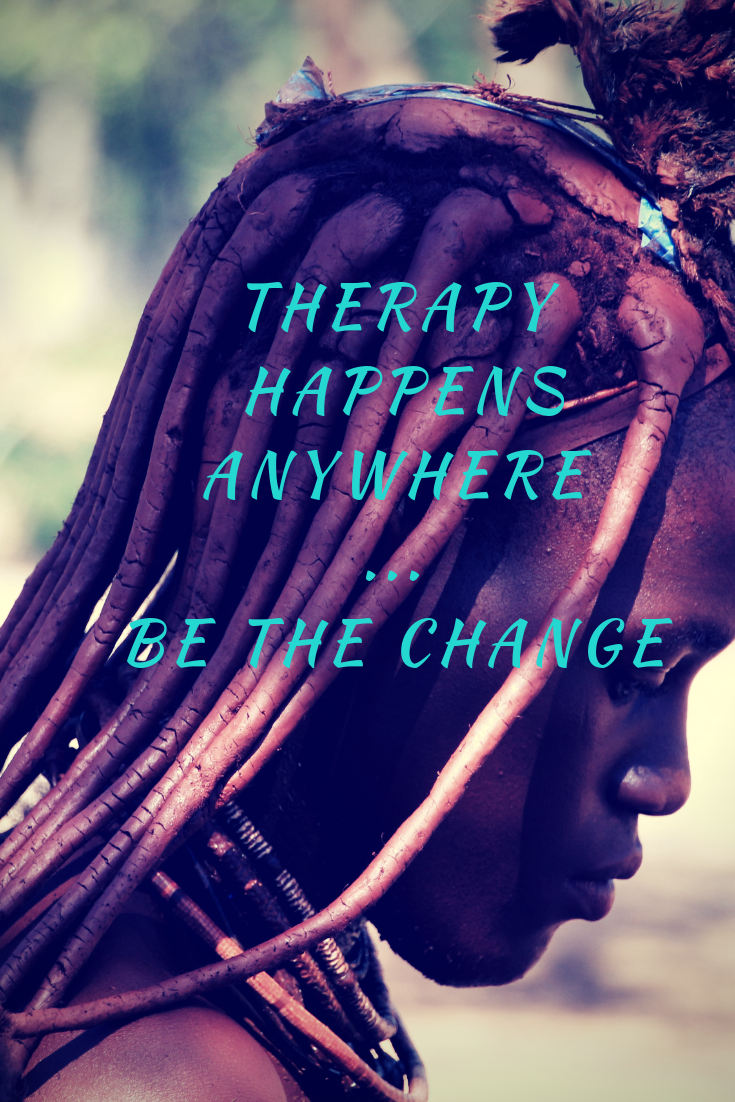
The Vital Role of Emotional Support in Building Resilience and Mental Well-Being
Emotional support is one of the most powerful foundational pillars of mental health. It offers comfort, strength, and encouragement, serving as a crucial element that enables personal growth and resilience. Often seen as an abstract concept, emotional support is, in fact, one of the most practical aspects of mental well-being. In my office, we explore its impact and the importance of building a support network that fosters connection and understanding.
As a therapist in New Jersey, I’ve seen how emotional support transforms lives, helping people face life’s challenges with greater confidence and peace of mind. I like to think about the nature of emotional support and show how it shapes our mental health and daily lives.
Understanding Emotional Support: More Than Words
Emotional support transcends simple words or gestures; it is empathy, understanding, and genuine concern that affirm our humanity. Emotional support can come from many sources—family, friends, colleagues, and sometimes even strangers. Absolutely, a kind word can be all that is needed in a moment. A compassionate smile, a supportive conversation, or a quiet moment with a loved one can provide powerful emotional sustenance.
Research shows that even small acts of kindness and validation can increase feelings of well-being, both in the giver and the receiver (Nassif, 2020). Emotional support validates our feelings and offers comfort, reminding us that we are not alone in our experiences. This form of support is a core element of resilience, helping us to bounce back from adversity with a renewed sense of purpose. Take a look at Why Empathy Matters in Mental Health for insights into the importance of empathy in building strong, supportive relationships.
Everyday Acts of Kindness: Simple Yet Powerful
The beauty of emotional support lies in its simplicity. Small, everyday gestures can have a profound impact on mental well-being, creating a supportive environment in our daily lives. Whether it’s holding the door for someone, offering a kind word, or simply showing gratitude, these actions contribute to a culture of respect and connection.
These micro-interactions are essential in fostering an environment where individuals feel valued. When we create a space where kindness is practiced regularly, we enable each other to feel seen, valued, and understood. For more practical strategies, explore Simple Ways to Foster Connection and integrate kindness into your daily interactions.
The Challenge of Seeking Help: Embracing Vulnerability
While emotional support is crucial, seeking it can be difficult. Admitting that we need help requires courage and vulnerability. It’s not easy to acknowledge our limitations, express emotions like fear or uncertainty, or ask for support. Yet, these moments of openness pave the way for healing and growth.
Growth often requires us to face discomfort. Expressing vulnerability is a testament to our humanity and a significant step towards resilience. In therapy, I encourage clients to view vulnerability as a strength that opens doors to connection and understanding. If you’re working on embracing vulnerability, Learning to Ask for Support can provide guidance on taking that first step.
Embracing Imperfection: Learning and Growing from Setbacks
Life is a series of challenges and setbacks, and each one provides a learning experience that builds resilience. Embracing our imperfections and learning from failures allows us to grow, helping us to adapt to new situations with increased strength and insight.
Surrounding yourself with supportive individuals who encourage you, even through life’s ups and downs, fosters a positive reinforcement system. This network of support serves as an emotional safety net, allowing you to take risks, learn from mistakes, and ultimately thrive. Discover The Role of Resilience in Mental Health for strategies on building emotional strength amid adversity.
Building a Support Network: The Power of Community
“No man is an island,” as the saying goes. In mental health, this phrase rings true. A robust support network is essential for emotional well-being, offering stability, encouragement, and comfort. Whether it’s sharing experiences, seeking guidance, or simply being present, a strong support system provides reassurance and fosters a sense of belonging.
Being part of a supportive community means feeling understood and valued, which are essential components of mental health. A solid network, whether through friends, family, or community groups, helps to cultivate a sense of connection and provides a foundation for growth and resilience. Building Your Support Network offers insights on nurturing these important connections in your life.
The Power of Acknowledgment: Feeling Seen and Valued
The Zulu greeting “Sawabona,” meaning “I see you,” beautifully encapsulates the essence of emotional support. Acknowledging someone in this way fosters deep connection and mutual respect. Being “seen” is a powerful affirmation that contributes to our mental well-being and sense of belonging.
In therapy, much of the healing process comes from validation. When we feel seen, we experience a sense of recognition that can have a transformative effect on our self-esteem and overall mental health. Acknowledgment is one of the most profound ways to support others and foster a healthy emotional environment. To understand more about validation’s role in mental health, read The Healing Power of Validation.
How to Give and Receive Emotional Support
Giving emotional support is about being present and engaged, listening actively, and showing empathy. It requires offering encouragement and showing respect for others’ experiences. On the other hand, receiving emotional support requires us to be open, acknowledge our vulnerabilities, and allow others to connect with us.
Learning to give and receive emotional support builds emotional resilience and deepens our connections. It’s about creating a give-and-take that strengthens our relationships and nurtures emotional well-being. For practical strategies on fostering emotional support, check out How to Build Supportive Relationships.
Strengthen Your Emotional Resilience with Our Holistic Wellness Products
Investing in emotional support and resilience is essential for a fulfilling life. Boost your well-being from the inside out with our range of wellness supplements from our Holistic Store. These products are designed to support your emotional and mental health, empowering you to feel balanced and connected. Visit our store today to find the supplements that align with your journey toward wellness and connection.
PS: Are you a culturally competent IIC clinician who values inclusivity and emotional support? Our New Jersey practice is hiring! Check out our Careers page for opportunities to join a dedicated team committed to fostering mental well-being.


I loved reading this because it can fit the “super woman” syndrome that many of us moms have become by taking on much to much then begin to make mistakes and your world begins to fall apart. Everyone thinks you have everything together so you feel trapped in your own mess and afraid or have too much pride to ask for help for fear of not being a good mom, wife or whatever!